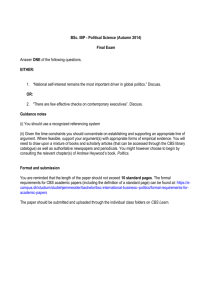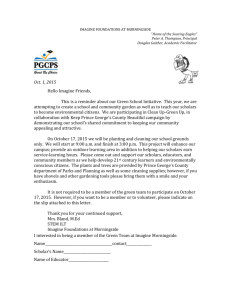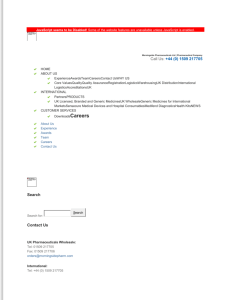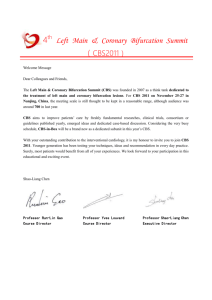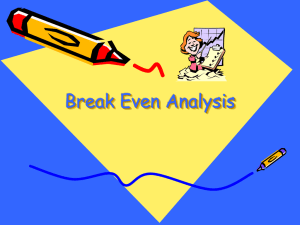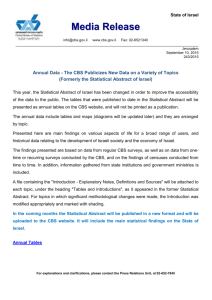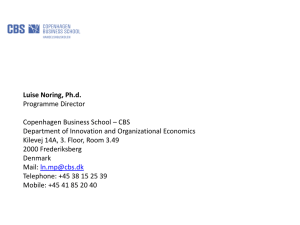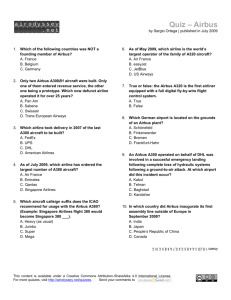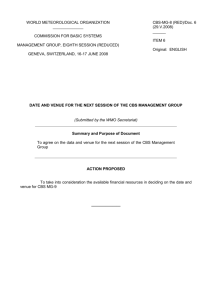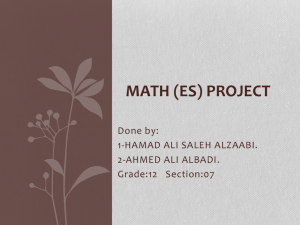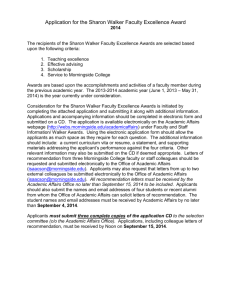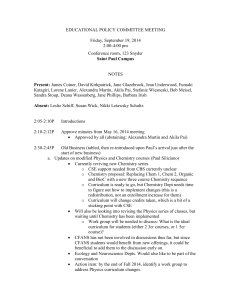Evaluating Digital Resources
advertisement
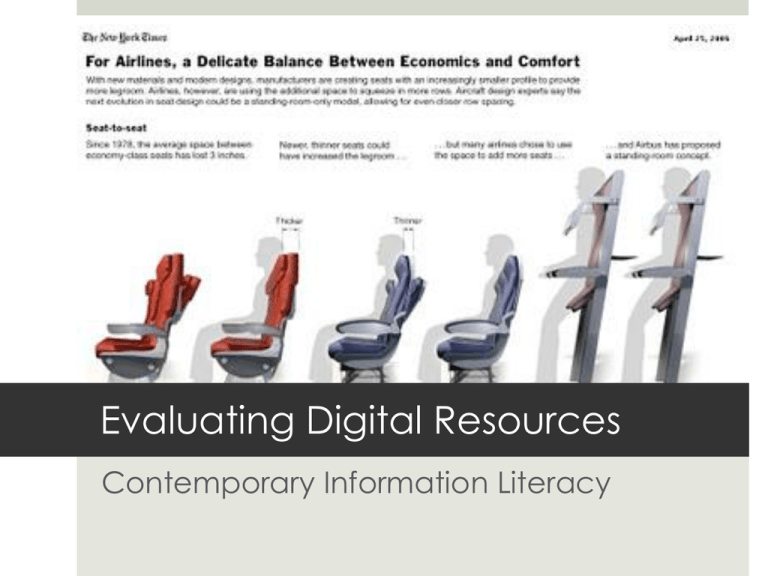
Evaluating Digital Resources Contemporary Information Literacy Front Page New York Times 25 April 2006 Apology New York Times 21 May 2006 “Despite an immediate public denial by Airbus, the stand-up seat idea stood uncorrected for a week. And so, as often happens with nearly unbelievable stories, this one took on a life of its own. The concept grabbed headlines in scores of publications around the world and was even incorporated into illustrations on the cover of The New Yorker and on The Times's Op-Ed page.” Apology New York Times 21 May 2006 "And the suggestion that an Airbus A380 with stand-up seats "could conceivably fit in 853 passengers" should have also raised questions. Just four weeks earlier, an [article in The New York Times] edited by Ms. Messinger had made clear that an A380 filled with regular coach seats was capable of carrying 853 passengers." The change in cognitive authority The change in cognitive authority Or is it really a change? The New York Times and the RMS Titanic CBS News and the London Blitz Television News and the Kennedy Assassination Reuters and the Lincoln Assassination Penny Newspapers and the Mexican War Radio had already built some trust as news source CBS + London Neighbors and Coworkers discussed broadcasts Murrow builds his rep broadcast by broadcast + Steadily, his “facts” were proved “true” Easy Availability of radios CBS employed some print journalists What’s this mean? How do your students “know” something is true? Is it the same way you “know”? Is it the same way your Board of Ed “knows”? What’s this mean? How do I train “information intelligence”? Isn’t my filter important? What do I do at what age? What not to do… http://www.allaboutexplorers.com/teachers Are all books good sources? Are all newspapers good sources? Information not medium Critical Can you find this fact in other places? Are other things this source says believable? Are there citations and connections? To where? What is the agenda of this author/publisher? What do people I trust think? The Wikipedia Question The Wikipedia Question The Blog Question The Blog Question Source Discovery Hoover Institute Brookings Institution Center for American Progress Manhattan Institute The Guardian Wall Street Journal The Book Question The Book Question The News Question The News Question The News Question The News Question The News Question Ideas Truth is always complicated In a dispute, are there agreed on facts? If not, is there a “neutral point of view”? We are responsible for understanding the stories we hear. Start Points Trials Difference between witnesses and hearsay Differences between witnesses Are police always believable? What makes us trust one story more than another? Start Points Impossibles? McDonald’s v. Burger King v. Wendy’s (v. Subway?) Mets v. Yankees Canadians v. Maple Leafs Mustang v. Camaro Favorite TV Shows Training Doubters Current technology allows us to challenge ideas in real time, to look things up, to compare answers. Use of these technologies in your classroom will train critical thinking in ways otherwise close to impossible. Resources The Essential Skill of Crap Detecting Teaching about Controversial Issues Elementary School – The Morningside Center Middle School – The Morningside Center High School – The Morningside Center irasocol@gmail.com http://speedchange.blogspot.com Evaluating Digital Resources Contemporary Information Literacy
